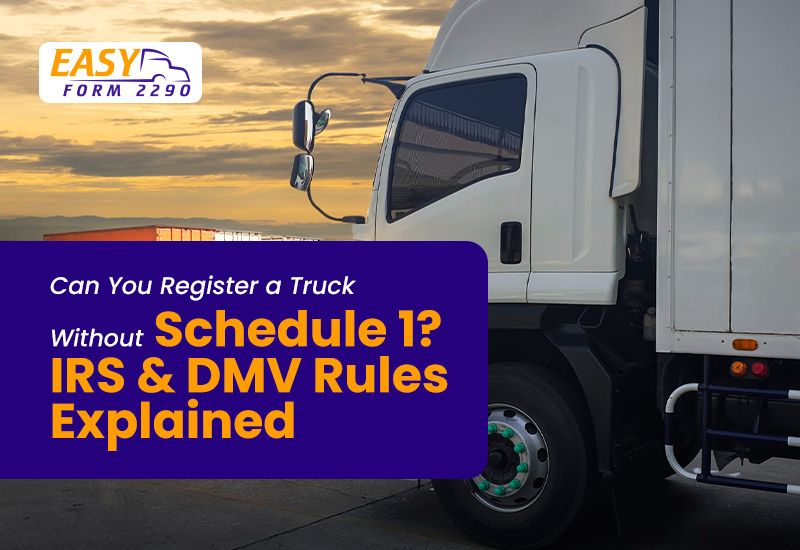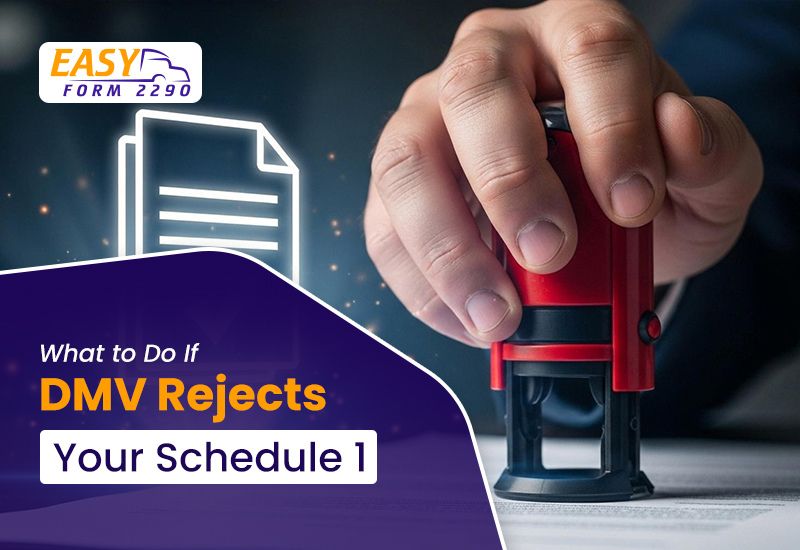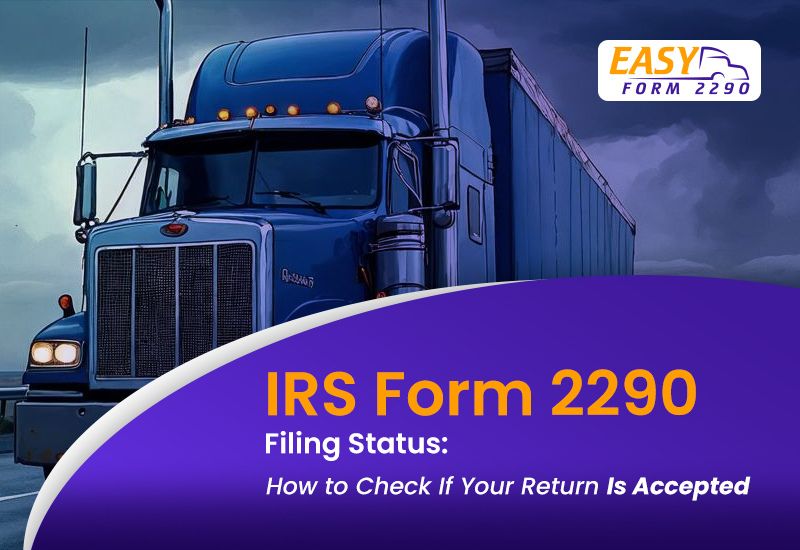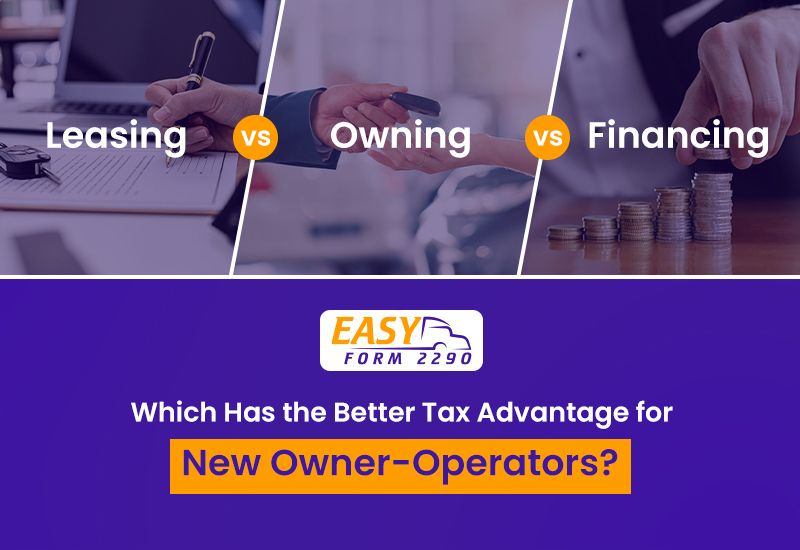IRS Form 2290 Credit vs Refund: What’s the Difference? | EasyForm2290
This guide provides a detailed comparison between Form 2290 credits and refunds. It explains that credits reduce future Heavy Highway Vehicle Use Tax (HVUT) liability, while refunds return overpaid tax as cash. The post covers eligibility requirements, advantages of each method, and common pitfalls to avoid when filing.









